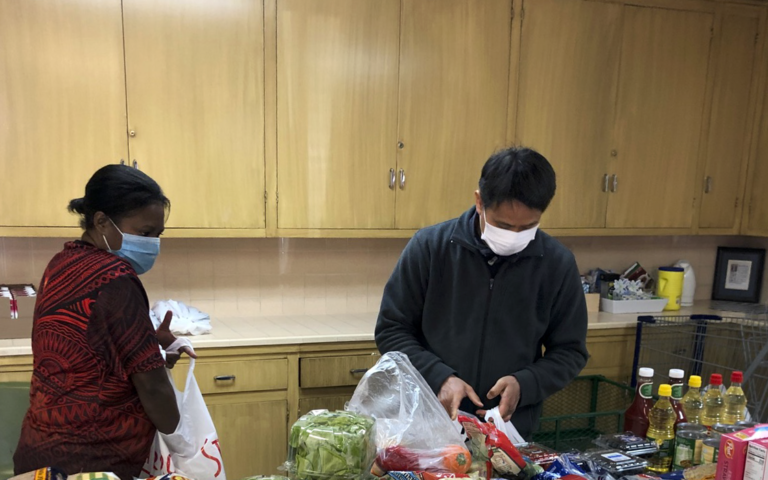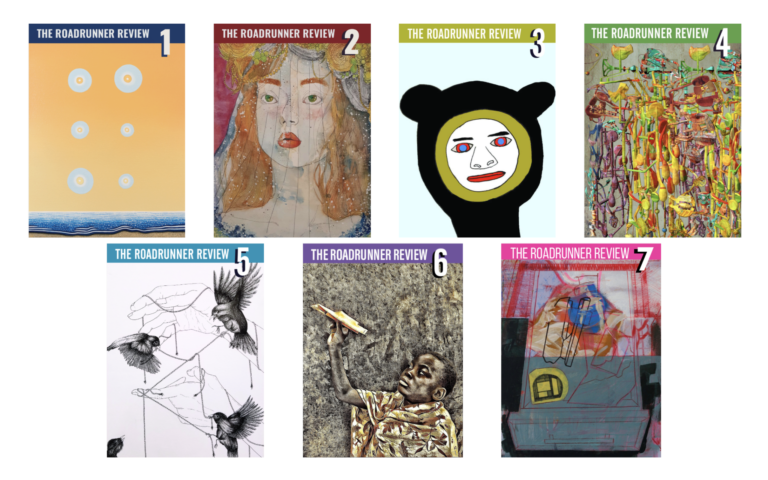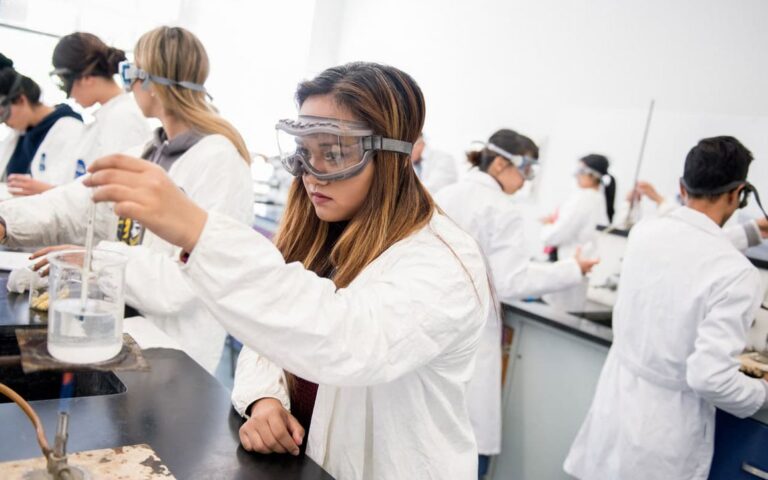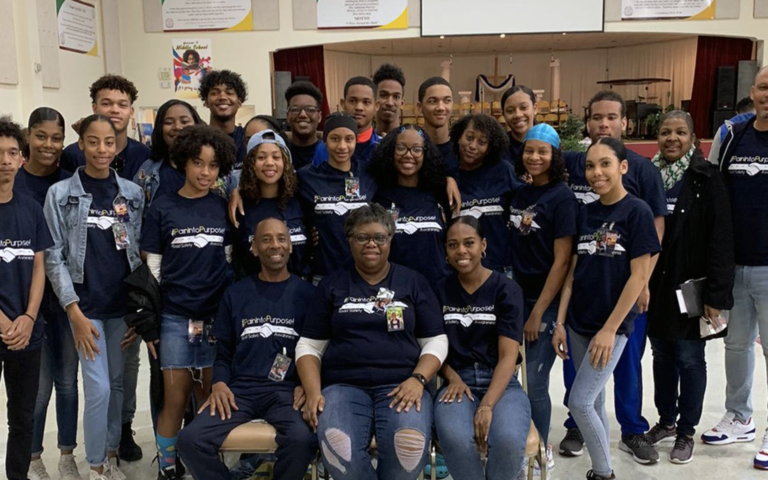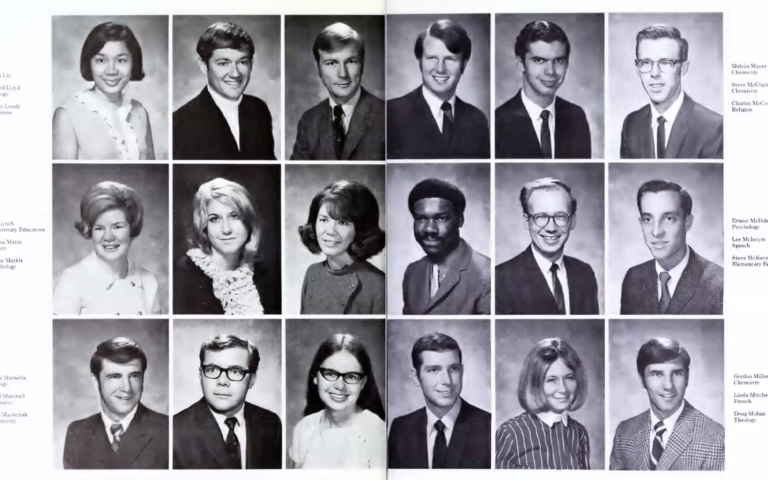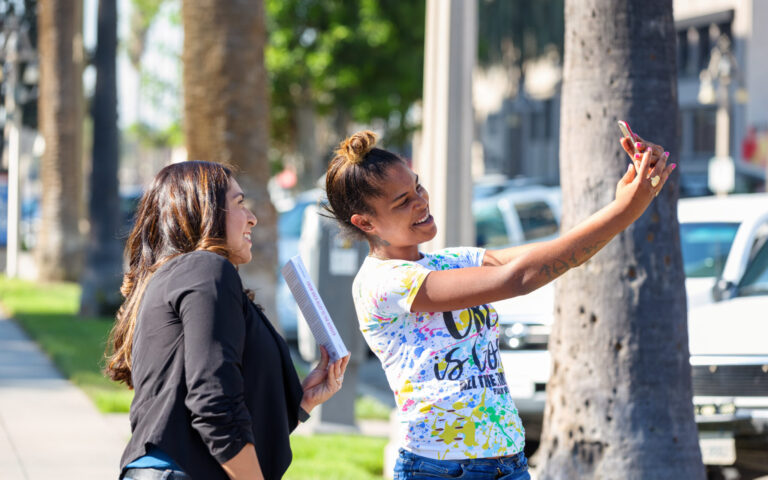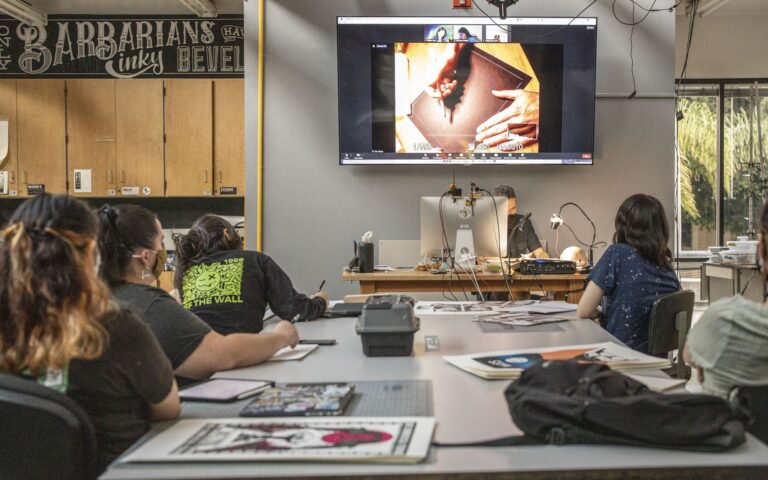by Darla Martin Tucker
Each Wednesday morning political economy major and South African student Iman ‘Chipo’ Matongo, wearing the requisite face mask, makes her way around a kitchen in La Sierra University’s Sierra Vista Chapel selecting items from a central table piled with fresh and nonperishable food products.
She is among roughly 15 or so La Sierra students who arrive to choose from bags of rice and beans, vegetables, fruit, pasta, cereal, canned goods and other foods each week. The food pantry, which also provides toiletry items is organized by the university’s Office of International Student Services, or OISS. It is a donor-supported outreach that has grown substantially since its inception in 2010 with the arrival of OISS Director Heidi Weiss-Krumm. For students like Matongo, it offers a safety net from a fall into devastating choices between proper nutrition or necessary textbooks and study resources.
“To be honest, I think I would have to sacrifice some textbooks to try to minimize, but I’ll still try to minimize my food intake because I already do that. I’d have to budget,” she said, noting the cost of one textbook is $150. “Most of us who stayed in Calkins [Hall] ended up having to go the food pantry which like saved us a lot. Most of the girls were in need.”
Prior to the onslaught of COVID-19, a significant number of college students in the United States shouldered such difficult choices — buy textbooks or buy food. Then the pandemic, with its accompanying widespread and sudden economic devastation substantially worsened these vulnerabilities and more so for underrepresented groups, research shows.
The OISS food program, which Weiss-Krumm calls her department’s ministry, strives to fill the gap for La Sierra’s students in need, whether they are from the U.S. or other countries. She and Jonathan Finau, OISS Designated Signing Officer for immigration matters pool financial donations from family members, friends, the OISS office budget and their own pockets which Weiss-Krumm uses to buy groceries at discounted rates. Purchased goods are supplemented with contributions of citrus fruit, bread, dairy products and other foods from individuals including La Sierra University Church members, nonprofits and government programs.

